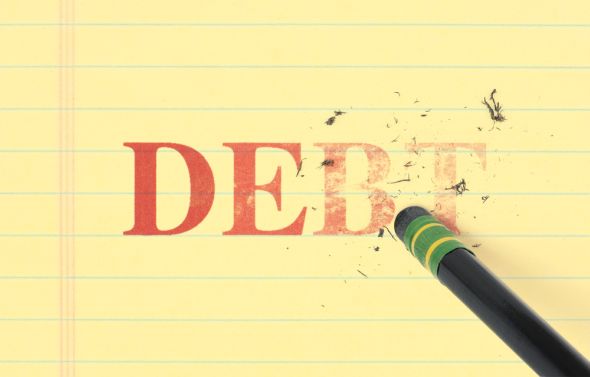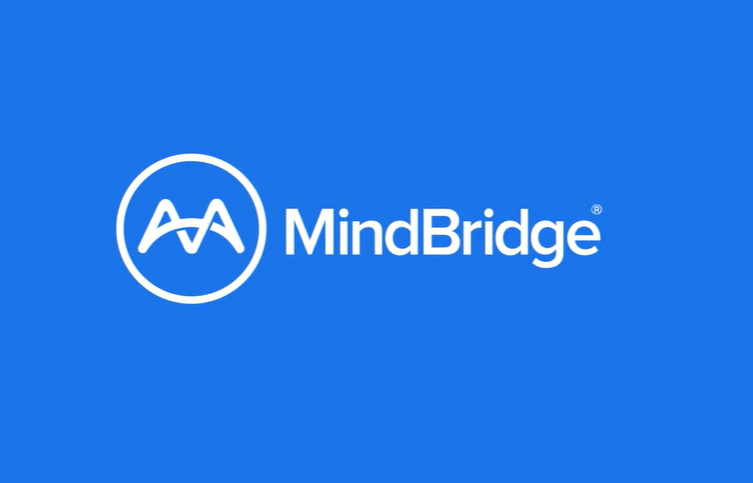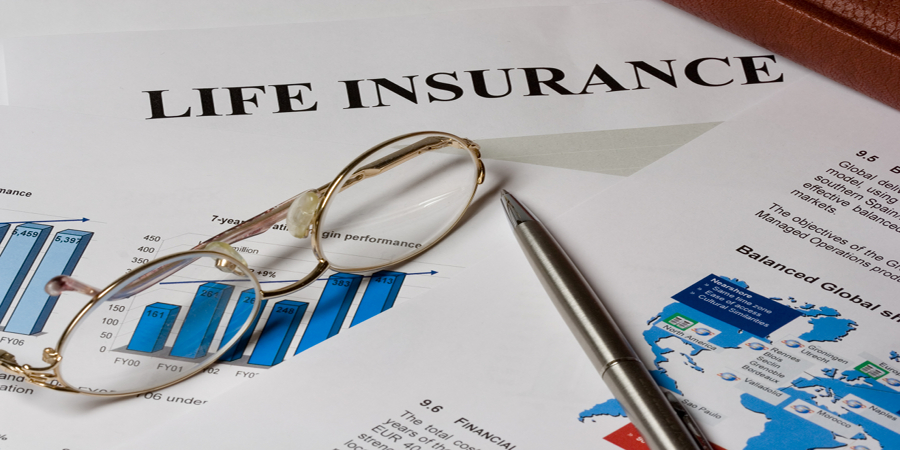Jeff Ostrowski
Bankrate.com
(TNS)
Many people view debt as the financial enemy and strive to pay it down as quickly as possible.
That strategy is a wise one for high-interest obligations like credit card balances, but when it comes to mortgages, the math isn’t as clear-cut. You might be better off putting those payoff funds toward investing, some experts say, while others believe it’s better to unload your debt, then focus on investments.
As you weigh your options, here’s what to consider.
Should I pay off my mortgage or invest?
Questions to ask:
—Do I have sufficient emergency savings?
—Am I putting away enough for retirement?
—How much other debt do I carry?
—What are my prospects for increasing my income?
—What moves (if any) am I looking to make in the next year? In five years?
—How does my mortgage rate compare to expected portfolio returns?
Because of this, some financial advisors believe you should leverage your mortgage rather than eliminate it. Take out that 30-year loan, keep it for as long as possible and devote extra cash flow to investments or other goals.
“Mortgages are the cheapest money anybody could ever borrow,” says Claire Mork, director of Financial Planning at Denver-based Edelman Financial Engines. “I think of it as a financial tool.”
Not everyone agrees with that approach. Chris Hogan, a Nashville-based financial coach and author of “Everyday Millionaires,” advises clients and audiences to pay down their mortgages as quickly as possible.
“I’m allergic to debt,” says Hogan. “I see debt as a threat.”
Both strategies are viable in theory, says Ken H. Johnson, a housing economist at Florida Atlantic University.
“The average person has to fall back to, ‘What is my tolerance for risk?’” says Johnson. “It’s well-established in academic research that different people have different tolerances for risk.”
Risk tolerance is your ability to stomach ebbs and flows in the market, or more directly, your willingness to endure loss.
If you can reach your financial goals while continuing to invest, doing so might be the best decision. Conversely, if you absolutely need your assets to remain intact, real estate is traditionally a more stable place to keep equity.
Then there’s the bigger economic picture to consider: Mortgages aren’t as cheap as they were in 2020 and 2021.
“If someone has a [mortgage] rate of 6 or 7%, that’s about the average return we count on in a moderate-risk portfolio,” says Mork.
Strategy 1: Pay off your mortgage
Pros:
—Paying off your mortgage eliminates a large monthly expense, providing more cash flow.
—The sooner you pay off your mortgage, the less interest you’ll pay overall.
—Your credit score tends to go up as you pay down debt, so paying off your mortgage might boost it.
Cons:
—If you put all your excess cash into your mortgage, you’re tying it up in an illiquid asset. You won’t be able to access that equity unless you take out a second mortgage, do a cash-out refinance or sell the home.
—You’ll lose the ability to take the mortgage interest deduction.
—If you have a variable-rate loan, you’ll pay more for the mortgage if interest rates rise.
If you decide to take this route, Hogan advises putting 15% of your income toward retirement savings and using extra cash to trim mortgage debt. If you must have a mortgage, he suggests taking a 15-year loan to get rid of the debt faster and pay far less in interest.
Strategy 2: Keep your mortgage and invest
Pros:
—The stock market has historically returned an average of about 10%. While performance isn’t a sure thing, if your mortgage rate is less than 10%, you could come out ahead by investing.
—Stocks, bonds, mutual funds and ETFs are highly liquid, meaning you can sell them easily and use the cash for other purposes.
—If you put money into a retirement account, you might be able to take advantage of perks like employer matching and tax breaks.
Cons:
—Stocks are volatile and there are no guarantees. A bad year or two could put a big dent in your portfolio.
—For many people, their mortgage payment is their biggest monthly expense. If you invest instead of paying the loan off, you’ll still have to make that payment.
A 30-year mortgage comes with pros and cons. On the upside, the payments are low (that’s especially true if you managed to refinance to a very low rate in 2020 or 2021), so there’s little urgency to pay down the debt. On the downside, you’ll pay a lot in interest over the life of the loan.
Still, you could be sacrificing an opportunity to build retirement wealth.
People “feel like they have to pay off the house before they retire,” says Mork. “That’s not always the case.”
How these homeowners made the decision
Morgan Housel is a Wall Street pro and author of the book “The Psychology of Money.” Housel and his wife carry no mortgage on their home — a money move he acknowledges is irrational.
“On paper, it’s the dumbest thing you could possibly do,” says Housel. “Even though it’s the worst financial decision we’ve ever made, I think it’s the best money decision we’ve ever made. It’s one thing that gives us a level of independence and autonomy.”
Housel admits they didn’t behave logically on this front — but that sometimes peace of mind wins out. He and his wife actually celebrated when they paid off their mortgage.
“When we did it, it was like, high five, hug each other, this is so cool,” says Housel.
The lesson, says Housel: Maximizing every penny of returns can be emotionally exhausting.
“People should not just aim to be rational on a spreadsheet — rational on paper, I think, is not a good financial goal,” says Housel. “People should aim to be reasonable and manage their own financial decisions about what makes them happy, and what helps them sleep at night.”
(Visit Bankrate online at bankrate.com.)
©2023 Bankrate.com. Distributed by Tribune Content Agency, LLC.
Thanks for reading CPA Practice Advisor!
Subscribe Already registered? Log In
Need more information? Read the FAQs




